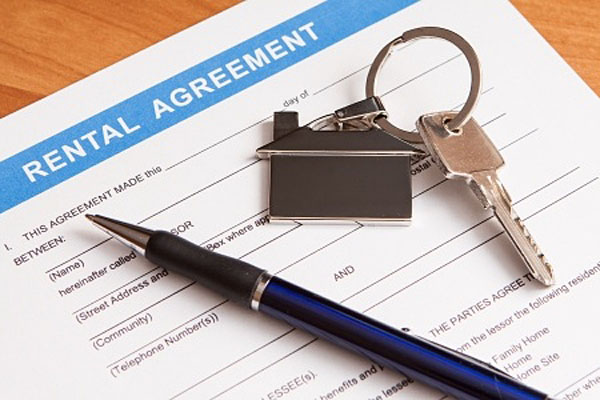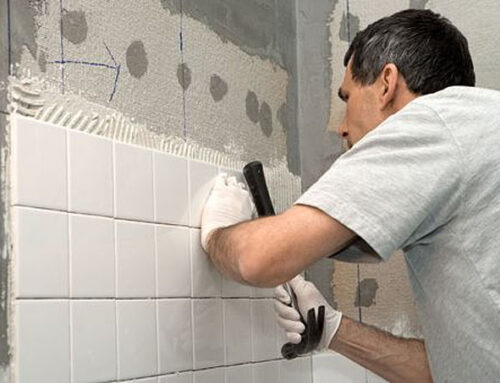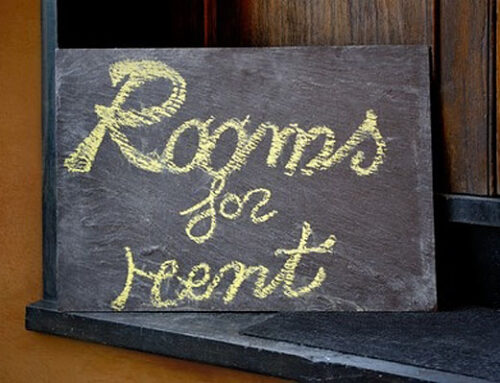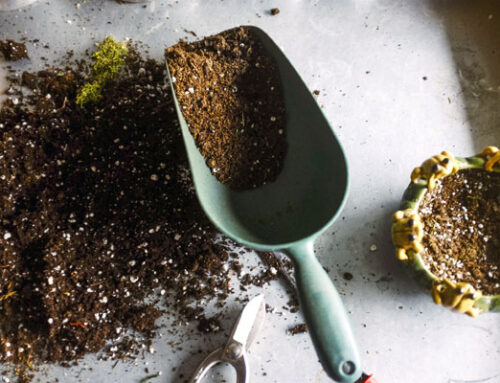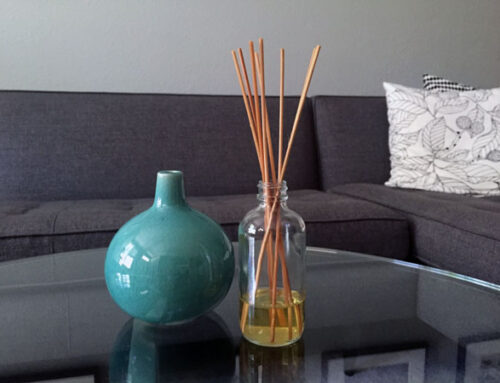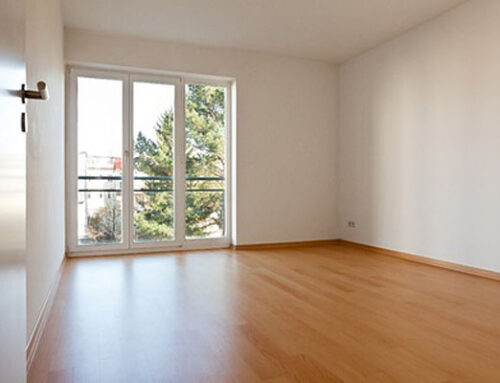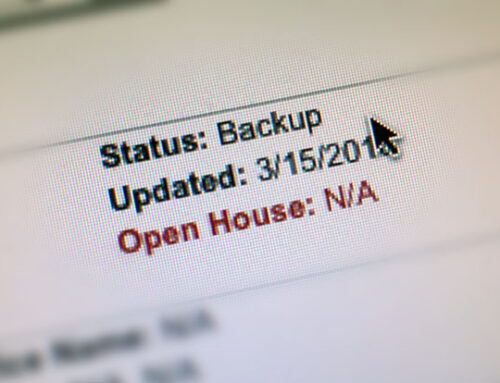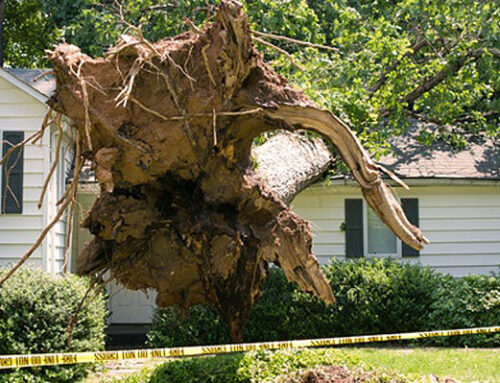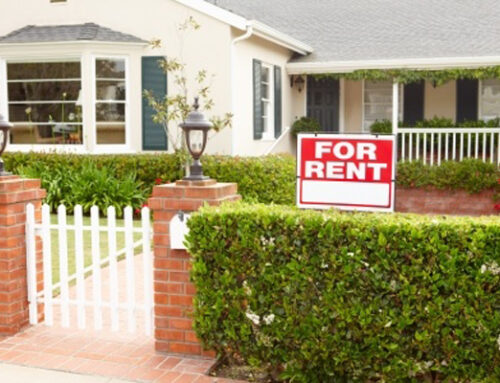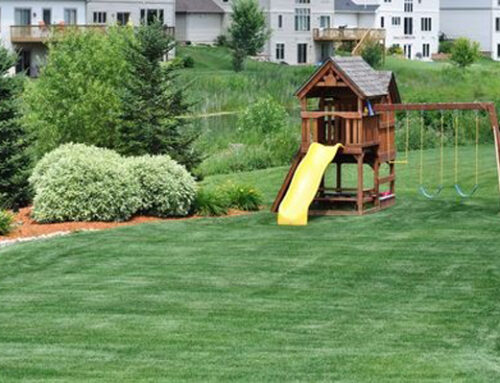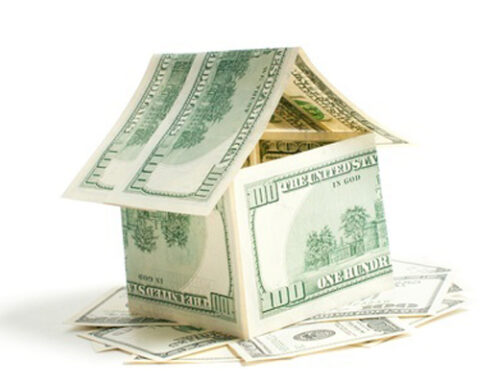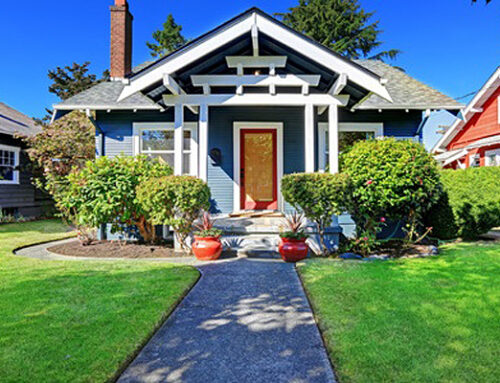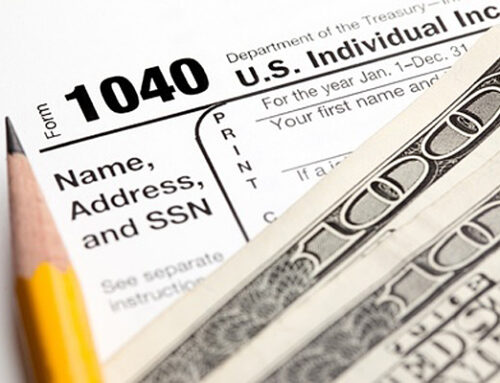One of the worst things that can happen if you own a home that you intend to rent out is to have long periods in which the home is uninhabited. During these times your investment is effectively a liability. You’re the one stuck with the mortgage, you’re the one paying the utilities, and you’re the one who’s going to be wondering if the whole thing was even worth it. If you’re thinking of buying a home with the intention to rent it out, or you’re already the owner of one or more rental properties, here are some tips to help you get, and keep, your tenants for as long as possible.
Take a good look at prospective renters’ backgrounds
The obvious things you’ll want to look for will be anything having to do with paying their rent on time and whether or not they’ve had any evictions. What may not be so obvious, though, will be to look at the length of time they stayed at any one residence. Sometimes, a person looking to rent a home will tell you straight-away that they plan to be in the area or home for only a year or two. Other times they won’t. If their rental history indicates that they typically move every 2 to 3-years, it will be reasonable for you to assume that’s what’s going to happen if you rent to them, too.
Ask them why they’re moving to the area
If the person is from out of town, asking what brought them to town can provide valuable insight into whether or not they plan to stick around. For example, a family moving to the area with a young child because they like the school system indicates that they plan to remain. Additionally, moving to be closer to family and friends can also indicate a desire to remain in the area.
Don’t buy a home you wouldn’t live in
When you buy a home you don’t plan to live in, there can be an element of “disconnectedness” in the purchase. This “disconnect” can lead investors to buy homes in less than great neighborhoods simply because they’re inexpensive. While there’s nothing inherently wrong with buying or renting a home in a lower income neighborhood, it can lead to complications in finding (and retaining) tenants later; and the neighborhood itself can greatly limit the home’s appreciation as years go on.
When you buy an investment property, that property is your product, and you want to make sure the product you’re showing to the people is the best one possible. Treat it like you live there. If you think it could use some improvements regarding curb-appeal, make them. If the place could use some upgrades on the interior, then make those too. Homes are supposed to be warm and inviting, ensuring that the home(s) you’re renting out feel that way will surely help you keep your tenants.


